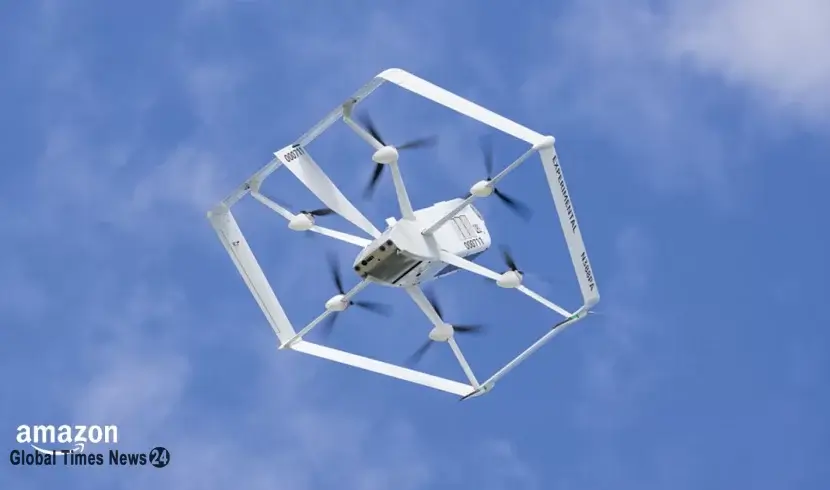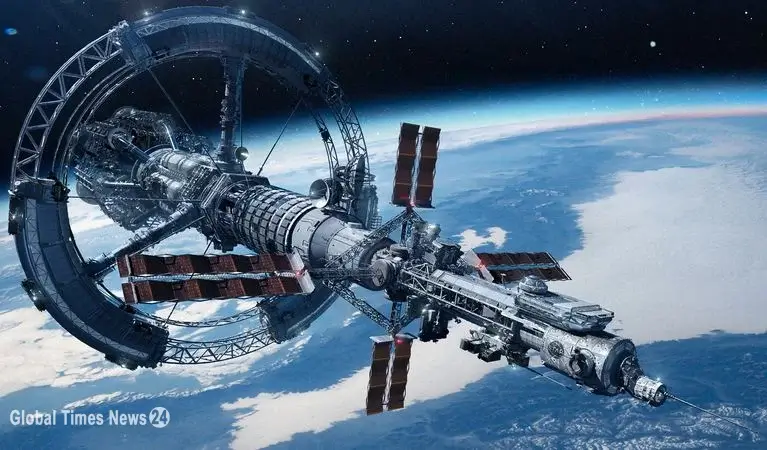Japan’s first private solid-fuelled rocket exploded shortly after launch
Tokyo-based firm Space One's hopes of being the first local company to carry a satellite into orbit were dashed when a small Japanese rocket burst shortly after launch.
Tokyo-based firm Space One's hopes of being the first local company to carry a satellite into orbit were dashed when a small Japanese rocket burst shortly after launch.
 Turkish FM vows to never abandon Palestinian cause
World / Breaking News
Turkish FM vows to never abandon Palestinian cause
World / Breaking News
 Zelenskky suffers no serious injuries after car accident
World / Breaking News
Zelenskky suffers no serious injuries after car accident
World / Breaking News
 PM Finland takes drugs test following leaked party videos
World / Breaking News
PM Finland takes drugs test following leaked party videos
World / Breaking News
 Germany celebrates comeback as confidence grows ahead of hosting Euro 2024
World / Sport / Breaking News
Germany celebrates comeback as confidence grows ahead of hosting Euro 2024
World / Sport / Breaking News
 UN chief hails Iranian efforts to extend truce in Yemen
World / Breaking News
UN chief hails Iranian efforts to extend truce in Yemen
World / Breaking News
 Researchers find gene variant protective against severe COVID
Technology
Researchers find gene variant protective against severe COVID
Technology
 Elon Musk says he would let Trump return to Twitter
Technology
Elon Musk says he would let Trump return to Twitter
Technology
 Thousands of never seen before galaxies!
Technology / Breaking News
Thousands of never seen before galaxies!
Technology / Breaking News
 Amazon to start drone deliveries in California, Texas
Breaking News / Technology
Amazon to start drone deliveries in California, Texas
Breaking News / Technology
 Half Century old picture is showing an unidentified flying object
Technology
Half Century old picture is showing an unidentified flying object
Technology
 Why Ancient Japanese Soldiers NEVER Used Shields
Opinion
Why Ancient Japanese Soldiers NEVER Used Shields
Opinion
 How Fast Can Humans Go? The fastest man-made speeds!
Technology
How Fast Can Humans Go? The fastest man-made speeds!
Technology
 How 1 In A Billion Chance Brought Down a Whole Airplane
World / Breaking News
How 1 In A Billion Chance Brought Down a Whole Airplane
World / Breaking News
 Best way to quit smoking - Doctor's opinion & my experience - 100% guaranteed
Health / Breaking News
Best way to quit smoking - Doctor's opinion & my experience - 100% guaranteed
Health / Breaking News
 The First Factory in The Space!
Technology / Breaking News
The First Factory in The Space!
Technology / Breaking News